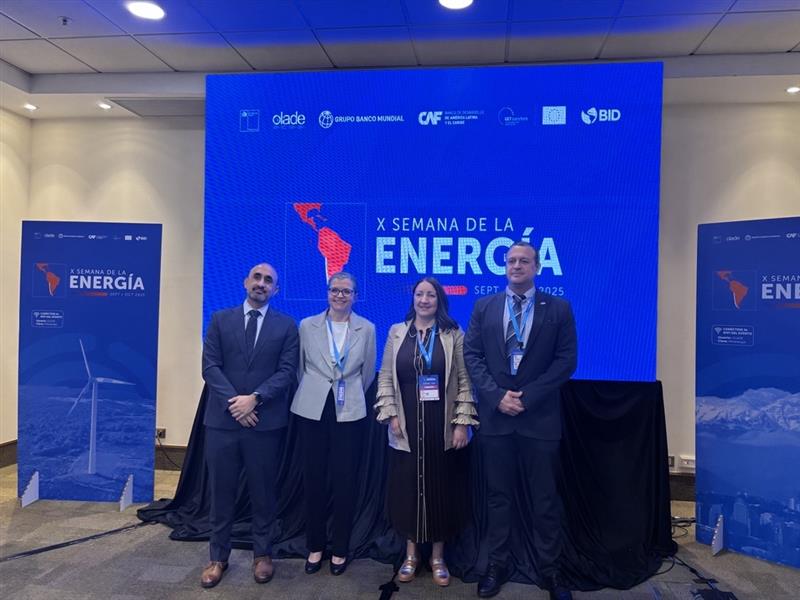San José Declaration on Sustainable Hydropower presented to COP26

Hydropower’s sustainability and its role in enabling wind and solar came under the spotlight at a special event at the UN Climate Conference (COP26) in Glasgow.
The event featured a panel discussion with former Australian Prime Minister Malcolm Turnbull, Iceland’s Minister of Tourism, Industry and Innovation Þórdís Kolbrún Reykfjörð Gylfadóttir, and The Nature Conservancy’s Regional Managing Director for Europe Marianne Kleiberg.
Co-hosted by the International Hydropower Association (IHA) and the Government of Costa Rica in partnership with Instituto Costarricense de Electricidad (ICE), the discussion on 4 November 2021 explored the vision set out in the San José Declaration on Sustainable Hydropower.
The declaration, which was launched in September 2021 following a public consultation, puts forward a new set of fundamental principles and recommendations to shape hydropower’s contribution to global climate goals.
Renewable grids of the future need backup
Introducing the panellists, IHA Chief Executive Eddie Rich set the scene by highlighting the possibilities for sustainable hydropower in the developing world, for example citing that Africa has only tapped 10 per cent of its hydropower potential.
“We know the needs for clean and green renewable energy in Africa,” he continued. “But where are we going to get energy when the wind doesn’t blow and the sun doesn’t shine? We’re going to need backup.
"We're going to have a whole lot more wind coming online, and a whole lot more solar. Either we'll face blackouts, we'll fall back on fossil fuels, or we can use hydropower.”
Malcolm Turnbull, who is an IHA Board member, stressed that pumped storage technology could play a key role in delivering on the ambitions of the declaration, giving the example of the Snowy 2.0 hydro scheme he spearheaded in Australia when in government.
"Pumped storage is one of the ways – that and green hydrogen – you can get long-duration storage, which is absolutely critical,” he said.
“The right planning approach is to first determine how much long-duration storage you need, and then set the rules to provide the incentives to do so.”
‘Sustainability is the key issue’
Þórdís Kolbrún Reykfjörð Gylfadóttir outlined the crucial role of hydropower in Iceland’s goal to be fully independent from fossil fuels by 2050.
"Sustainability is the key issue when it comes to the utilisation of our renewable energy resources,” she said.
"We believe that the San José Declaration on Sustainable Hydropower is of great importance, and we fully support the declaration.
“It outlines a new progressive vision for how sustainable hydropower can, in a responsible manner, be utilised to play its best role in the clean energy transition we need to undertake."
World Heritage Sites no-go commitment ‘a significant step’
Marianne Kleiberg welcomed the ambition of the declaration. “I want to applaud you for the San José Declaration. The industry has made great strides towards sustainability,” she said.
Ms Kleiberg drew attention to the declaration’s commitment not to develop new hydropower projects in World Heritage Sites as “a significant step”, but suggested that “maybe we could include a broader category on protected areas”.
“There is a need for more hydropower, we all agree on that,” she continued. “So if we're going to build more, how can you do that in the most sustainable way?
“Can we look at a master planning approach? Can you retrofit old power plants to make them more efficient and more environmentally friendly?
“I look forward to working with the IHA and members to figure out the right pathway going forward.”







.jpg)

